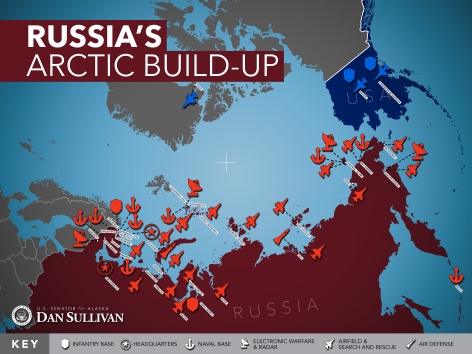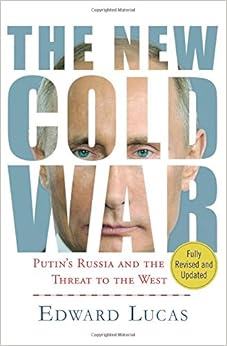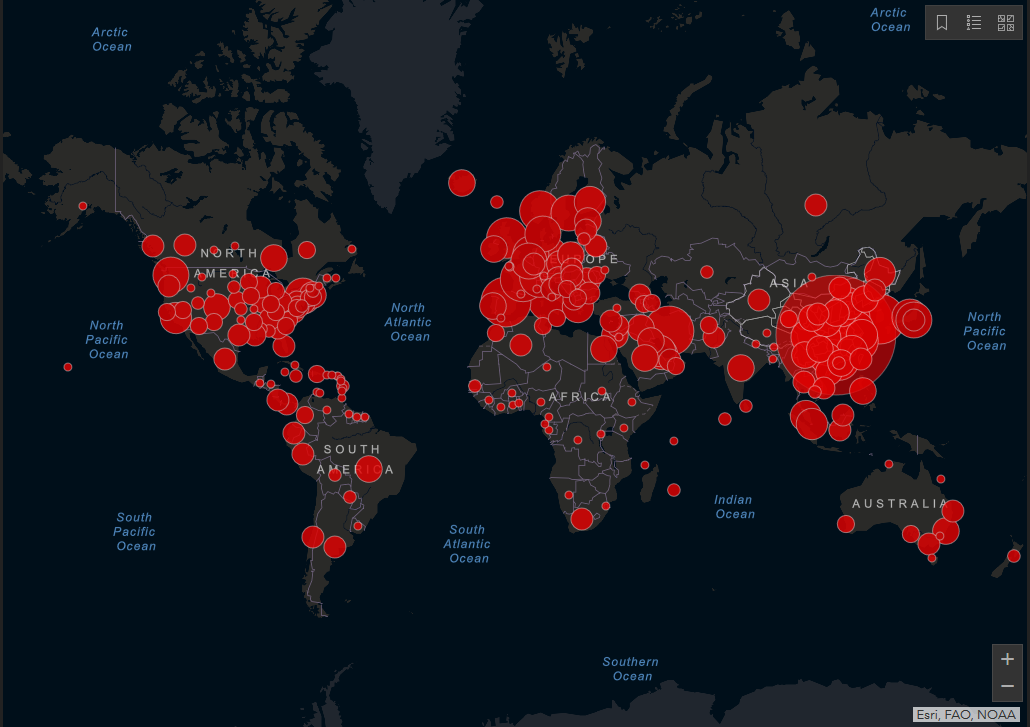 – Red Terror Promised: Russian Communist Party Boss Threatens “Punishment” for “Government Criminals” Who Stole Votes
– Red Terror Promised: Russian Communist Party Boss Threatens “Punishment” for “Government Criminals” Who Stole Votes
– Belarusians Suspect KGB behind April 2011 Minsk Metro Bombing as Two Young “Terrorists” Await Firing Squad and Lukashenko Mulls Pardon Request
Former Soviet dictator Mikhail Gorbachev has been generally supportive of Vladimir Putin for most of the latter’s two terms as president and his current post as prime minister, although Gorbachev notably co-owns Russia’s main opposition newspaper, Novaya Gazeta.
In a December 2001 interview with BBC News, Gorbachev expressed his opinion about then President Putin, saying that the former KGB agent has “helped to restore stability in Russia.” He also praised Putin for “his bold advance in friendship with the USA.” Intriguingly, from the point of view of the Soviet strategic deception plan, Gorbachev reveals that a hot line was installed for him to communicate with the Kremlin. By contrast, Gorbachev had an adversarial relationship with Boris Yeltsin, complaining that Russia’s first “post”-communist president had ordered the tapping of his telephones and prevented him from meeting regional governors. In the BBC interview, Gorbachev called Yeltsin, who died in 2007, a “liar.”
In the wake of last month’s hotly contested State Duma election, which saw Putin’s potemkin United Russia lose significant support and the Communist Party double its representation in the Russian parliament, Gorbachev has urged Putin to “leave” Russian politics and forsake all ambition of seeking a third presidential term in March.
On the eve of the 20th anniversary of his own resignation as Soviet president, Gorbachev was interviewed by Moscow Echo radio, at which time he stated:
I would advise Vladimir Putin to leave now. He has had three terms: two as president and one as prime minister. Three terms — that is enough. He should do the same thing I did. That is what I would do. That way, he would be able to preserve all the positive things he did. I extended a lot of support to Vladimir Vladimirovich here and abroad and he deserved that then. But now there is such a situation that we can’t do anything.
Gorbachev, 80, lauded the original anti-Kremlin protests that appear to have caught the Putinist regime off guard: “I am happy that I have lived to see this awakening. There were two generations at the protest. This creates great hope and I don’t think it will just end in talk.” He described the mass rally that occurred on December 10 as “historic moments in our modern life. It shows the ideas and beliefs in which our people have believed.” Gorbachev predicted: “These are going to be the hardest years, the next 6-12 years will decide what is going to happen to us.”
Kremlin spokesentity Dmitry Peskov brushed off Gorbachev’s call for Putin to resign: “We, and I personally, respect him [Gorbachev] very much. But I was born in 1967 in the Soviet Union. And this country ceased to exist when he was its leader,” Peskov told the AFP news agency.
In the West, Gorbachev has always been praised for allowing the Soviet Bloc states in Eastern Europe break away from Moscow’s influence without armed intervention. He compares Russia’s current situation to that of Communist Poland in the late 1980s when strikes and protests led by the (communist-controlled) Solidarity movement were shaking the rule of General Wojciech Jaruzelski.
“General Jaruzelski, my friend, phoned me,” he recounts, “and said ‘Mikhail Sergeyevich, we have Solidarity, it looks like society (is behind it) and we cannot pretend that this simply does not mean anything. We have to change. We need to open a roundtable and start talks. What do you think?’” “And I said, ‘I support this,’” relates Gorbachev, rather disingenuously, to Moscow Echo. Incidentally, last month the 87-year-old Jaruzelski issued an apology to Poles for imposing martial law in 1981.
Between the lines of this interview, Gorbachev has provided the world with a goal and a timeframe for the current political drama in Russia: The next six to 12 years will decide the fate of Russia and that fate will be more than “talk.” According to Forbes, citing Novosti, this is exactly what Putin wants from the Communist Party to which he once openly belonged.
“Dialogue should be held, but in which form I will think about,” the local press quoted the Russian PM as saying on December 28. Putin specifically indicated that he was willing to “talk” with the Communist Party, but he did not specify if he would take part in televised debates ahead of the March presidential race. “It has nothing to do with fear…The opposition is not overloaded with any particular work, it is always demanding the impossible and then, as a rule, does nothing to fulfill it,” Putin complained.
United Russia’s failure to secure another supermajority in December’s poll is widely viewed as a representing a popular loss of support for Putin. The Communist Party staged its own rally in Moscow on December 18, following the nomination of their party chief, Gennady Zyuganov, as their perennial presidential candidate.
With stormy rhetoric Zyuganov riled the crowd: “All those who stole votes, they didn’t just steal votes. They took power. And so this means they are government criminals with no immunity. Everything will be examined and the criminals will be punished. They will be punished.” Communist placards mocked the ruling tandem of Prime Minister Putin and President Dimitry Medvedev, both themselves “ex”-communists.
The Communist Party joined other parties in another major Moscow rally on Christmas Eve.
Theoretically, if Putin bowed out of the presidential race, it is very likely that Zyuganov would emerge as the top candidate and, thus, an open communist would be at the helm of the Russian state for the first time in 20 years. Many political analysts believe that, at the very least, Putin will face off with Zyuganov in a second round of balloting.
Elsewhere in the Not-So-Former Soviet Union, Belarus’ “ex”-communist president, Alexander Lukashenko, is heading off domestic opposition by restricting access to foreign websites and suspending broadcasts of television programming from the European Union.
A new Belarusian law promulgated on December 21 requires all companies and individuals registered as entrepreneurs in Belarus to use only domestic Internet domains for providing online services, conducting sales, or exchanging email messages. The legislation implements Decree 60, signed by President Lukashenko in February 2010, and titled “Improvements to the Usage of the National Segment of the Internet.”
According to Peter Roudik of the Global Legal Monitor, “it appears that business requests from Belarus cannot be served over the Internet if the service provider is using online services located outside the country.” He added: “The tax authorities, together with the police and secret police [KGB], are authorized to initiate, investigate and prosecute such violations.”
Decree 60 requires Internet service providers to register with the government, provide technical details on the country’s online networks, systems and information resources, and also identify all the devices, including computers and mobile phones, used to connect to the Internet. According to Reporters Without Borders, Lukashenko’s decree also requires Internet surfers going online in a cybercafe or using a shared connection, to identify themselves, and a record of all online connections to be kept for one year.
Incidentally, the Russian Federal Security Service which, like the Belarusian KGB, is descended from the Soviet KGB, has proposed similar laws in Russia but, thus far, President Medvedev has been seemingly reluctant to ratify these requests.
In a related story, the owners of Charter 97 maintain that computer hackers in the employ of the Belarusian KGB forced their website offline for several days after Christmas, although this is not the first such episode of cyberwarfare against the Belarusian opposition. The website editor-in-chief, Natalya Radina, who fled Belarus in April 2011 and is currently in exile in Lithuania, told the Committee to Protect Journalists: “Anonymous individuals used a password that they got from malware used on an editor’s personal computer. The saboteurs then logged on to the site’s administrative section, deleted archives, and created a false news story.”
Charter 97 managed to restore most of the deleted archives when a DDoS (distributed denial-of-service) attack followed. “It was an unprecedented attack. The website is hacked, archives are deleted, false materials are posted. Obviously it was carried out by ‘specialists’ from the KGB,” Radina told BBC Russian.
In yet another Soviet-style attempt to restrict the origin and amount of information available to Belarusians, the Lukashenko regime has ordered the Minsk-based television channel MTIS to suspend Euronews broadcasts as of January 1, 2012, replacing them with programming from the Russian movie channel NTV-Plus Kino+. The pan-European channel Euronews was the only independent international news source available on state-controlled Belarusian TV.
Independent Belarusian television expert Leonid Mindlin told Radio Free Europe/Radio Liberty that Belarusians can still access the channel and other independent TV stations via satellite or Internet. Mindlin does not know if Euronews was dropped for political or financial reasons.
The conviction of Dmitry Konovalov and Vladislav Kovalyov on terrorism charges is the latest apparent travesty of justice in Belarus. On November 30, the Supreme Court of Belarus sentenced the two 25-year-old men to death by firing squad following their conviction as the parties responsible for bombing a Minsk subway station on April 11, 2011, killing 15 people and injuring more than 300.
Judge Alexander Fedorzow declared Konovalov and Kovalyov to be “an extreme danger to society” and the court accepted every point advanced by the prosecution. Konovalov was convicted of terrorism, while Kovalyov was deemed his accessory and accomplice. The defense team called for acquittal on the basis of inconclusive evidence.
As the judge’s four-hour reading of the verdict drew to a close, some of the roughly 500 spectators shouted “Shame!” According to Ljubow Kovalyov, mother of Vladislav, this was simply a show trial. She believes the pair’s confessions were submitted under torture and duress.
Human rights advocate and former parliamentarian Ludmila Gryaznova, who was present as an observer of the trial in Minsk, has a similar impression. Gryaznova says the prosecution did not demonstrate a link between the defendants and the explosives, adding that a CCTV video submitted for evidence was clearly edited. Futhermore, no motive for the crimes was adequately established.
“From my perspective, even after this trial, the cause, motive and perpetrators remain in the dark,” said Rainer Lindner, chairman of the Germany-Belarus Society. He also criticized the lack of transparency of the trial, saying international observers should have been welcome. “Relative to the expectations held in Europe and at the European Council, this verdict is not acceptable.”
Regular visitors to our blog over the past six years will know that, when provocations like the Minsk bombing occur in the “Former” Soviet Union, we typically suspect the various branches of the former Soviet KGB as the truly responsible parties. Along that theme, the German media comments:
. . . [A]lternative theories and rumors persist in Belarus, with some saying that the secret police, the KGB, or other parts of the [Lukashenko] administration might have been behind the deadly rush hour attack. Several citizens have written on Internet blogs that they think the regime – following the example of Soviet dictator Josef Stalin – wanted to distract citizens from the country’s other [serious economic] problems with a terrorist attack.
Human rights groups estimate that roughly 400 people have been sentenced to death in Belarus since the country seceded from the Soviet Union in 1991. Typically, Belarusian authorities only inform relatives of death row inmates after the sentence has been carried out and the body has been buried at a secret location.
In mid-December, Belarus’ deputy prosecutor-general revealed that accomplice Kovalyov had requested a pardon for his conviction, a decision that only President Lukashenko can take. The Belarusian dictator has scoffed at allegations of state involvement in the Minsk blasts.















